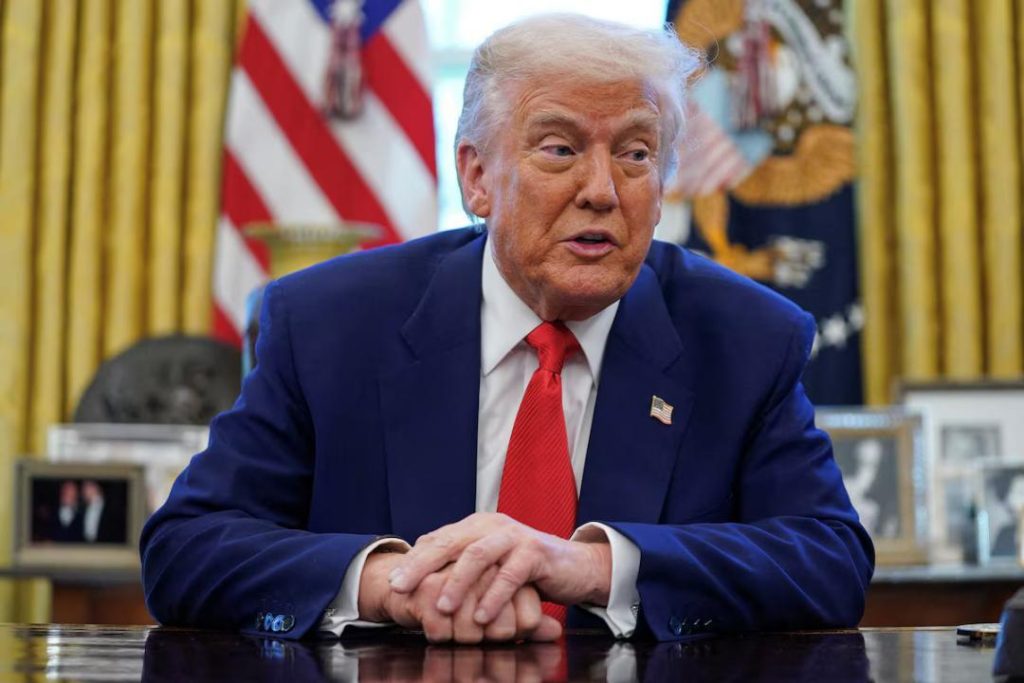
Total Reset Negotiated: Donald Trump on US & China Trade Talks
In a recent development, the highly anticipated trade talks between the United States and China have concluded, with US President Donald Trump hailing the outcome as a “total reset” negotiated in a “friendly, but constructive manner.” The talks, which took place in Geneva, Switzerland, marked a significant milestone in the ongoing trade dispute between the two economic superpowers.
According to reports, Trump expressed his satisfaction with the progress made during the talks, stating that “great progress” had been achieved. The US President emphasized that the objective of the negotiations was to promote a more open and accessible market for American businesses in China. This sentiment was echoed by US Trade Representative Robert Lighthizer, who highlighted the importance of ensuring that China’s trade practices are fair and transparent.
The trade talks, which began on May 10, 2025, aimed to resolve the ongoing trade tensions between the US and China. The two countries have been engaged in a trade war since 2018, with tariffs imposed on billions of dollars’ worth of goods. The dispute has had far-reaching consequences, impacting global trade and economic growth.
The Geneva talks were seen as a critical step towards resolving the trade dispute and restoring a sense of stability to the global economy. The fact that the talks were conducted in a “friendly, but constructive manner” suggests that the two sides were able to find common ground and work towards a mutually beneficial agreement.
So, what were the key takeaways from the trade talks? Firstly, it appears that the two sides have made significant progress in addressing the trade imbalance between the US and China. The US has long complained about China’s trade practices, including its practice of forcing foreign companies to transfer technology to Chinese partners and its restrictive policies on foreign investment.
Secondly, the talks seem to have focused on promoting greater market access for American businesses in China. This includes opening up China’s financial services sector to US companies and increasing the number of US goods that can be sold in China. The US has also been pushing for greater intellectual property protection in China, which is seen as a key issue in the trade talks.
Thirdly, the talks may have laid the groundwork for a potential deal on the trade war. While no formal agreement was announced, the fact that the two sides were able to engage in constructive talks suggests that a deal may be within reach. This could involve a phased rollback of tariffs, with the US and China working towards a more balanced trade relationship.
The trade talks between the US and China are a complex and multifaceted issue. On one hand, the US has been pushing for greater access to China’s markets and more balanced trade practices. On the other hand, China has been seeking to protect its own interests, including its state-owned enterprises and restrictive trade policies.
In conclusion, the “total reset” negotiated between the US and China in Geneva is a significant development in the ongoing trade dispute between the two countries. While the talks are not yet over, the fact that the two sides were able to engage in constructive negotiations suggests that a deal may be within reach. As the trade talks continue, it will be important to monitor developments closely and assess the impact of any agreement on the global economy.
Source: https://www.reuters.com/world/china/china-us-trade-talks-begin-geneva-2025-05-10/






